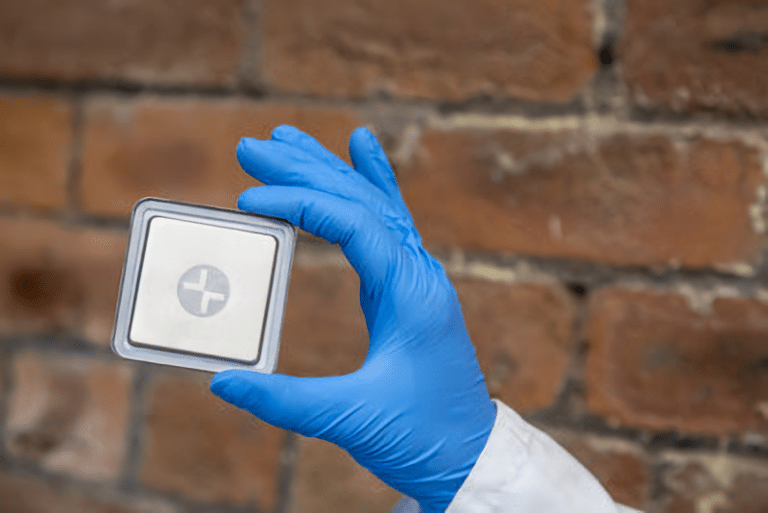Lancaster sustainable battery start up LiNa Energy has passed a key milestone after it successfully completed an independent demonstration of its lithium-free energy storage systems with commercial partner ion Ventures.
The test, which challenged the sodium battery-based energy storage system continuously for five days, proves it can respond to the modern demands of a national electrical grid.
The trial saw a 1kW/ 1kWh LiNa system perform dynamic containment, validating that it can sustain rapid injection and absorption of power to maintain the National Grid’s frequency, which is a key revenue stream for battery energy storage systems in the UK.
The test was performed independently at HORIBA MIRA in Nuneaton, and was funded by the Department for Business, Energy, and Industrial Strategy (BEIS) Energy Entrepreneurs Fund.
Rich Dawson, LiNa’s CTO, said: “Electrical grids all around the world will need energy storage assets as renewable generation increases. This is an important demonstration for LiNa Energy, showcasing this technology’s potential to meet the needs of this market.”
Dan Taylor, co-founder of ion Ventures, added: “This is a huge milestone for our partner LiNa Energy as the battery demonstrated its clear capability in responding to Dynamic Containment signals at the independent test centre. This continues to show the LiNa battery system will be providing a wide variety of services, as well as offering capabilities to grid operators worldwide.”
Proving Dynamic Containment is a key milestone for green tech companies like LiNa as it shows that the energy storage can support operators in maintaining a narrow operating frequency which is key to the electrical grid’s health, avoiding blackouts and generator trips.
In order to ensure a robust test, a 1kW dynamic containment commitment was simulated against a repeating abnormally volatile frequency input. The test was performed continuously for five days and tested over a range of states-of-charge. The test was also run simultaneously with a charge and a discharge profile to demonstrate the critical ability to stack revenue streams.
LiNa Energy was created in 2017 as a spin off from Lancaster University. Earlier this month it succesfully closed a £3m late seed funding round. The latest funding means it has to date secured more than £10.5m in equity seed funding and received several grants in association with the Advanced Propulsion Centre UK, Faraday Battery Challenge, Innovate UK, and the Department for Business, Energy and Industrial Strategy (BEIS).
Lina claims that its flagship sodium battery offers lower costs and greater safety than traditional lithium-ion batteries.










